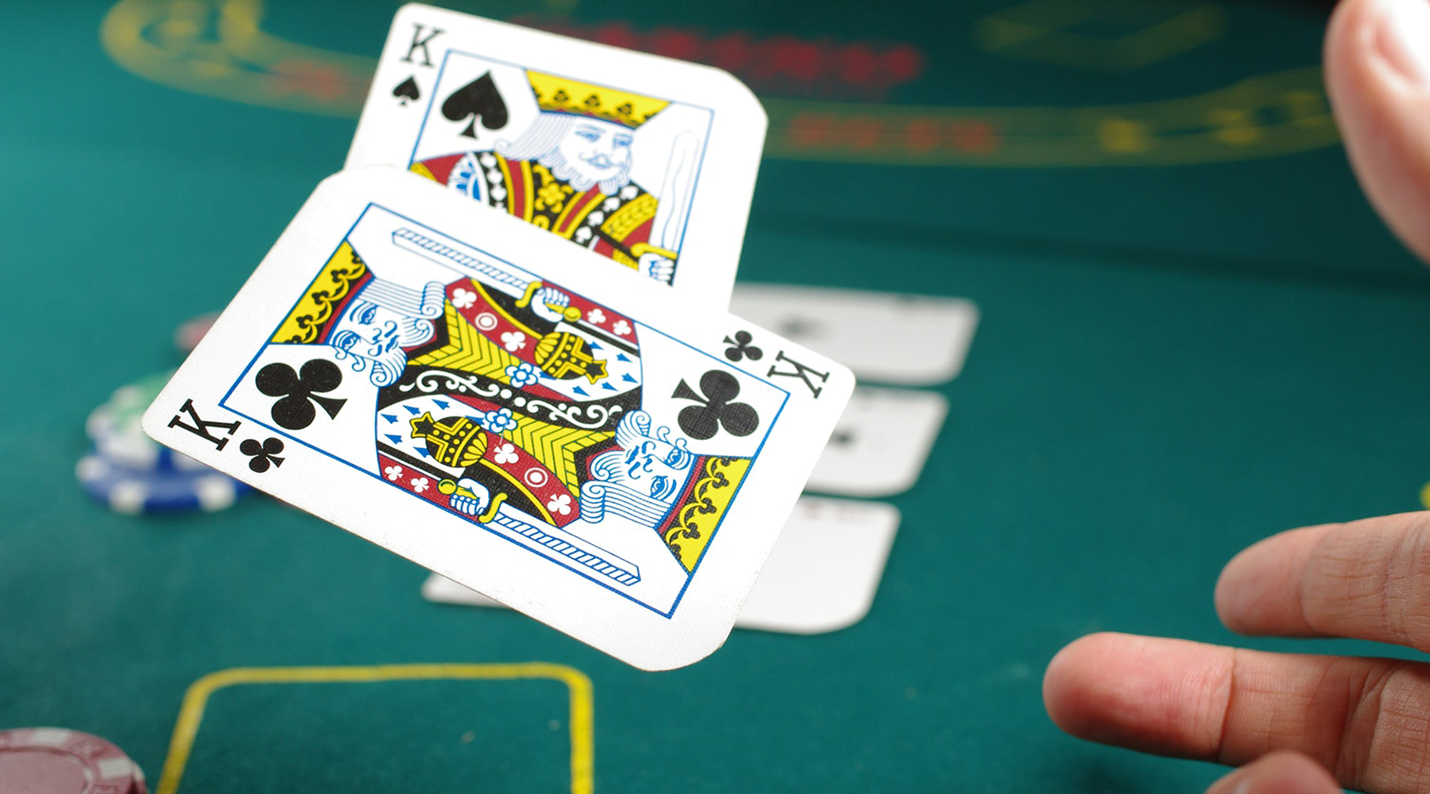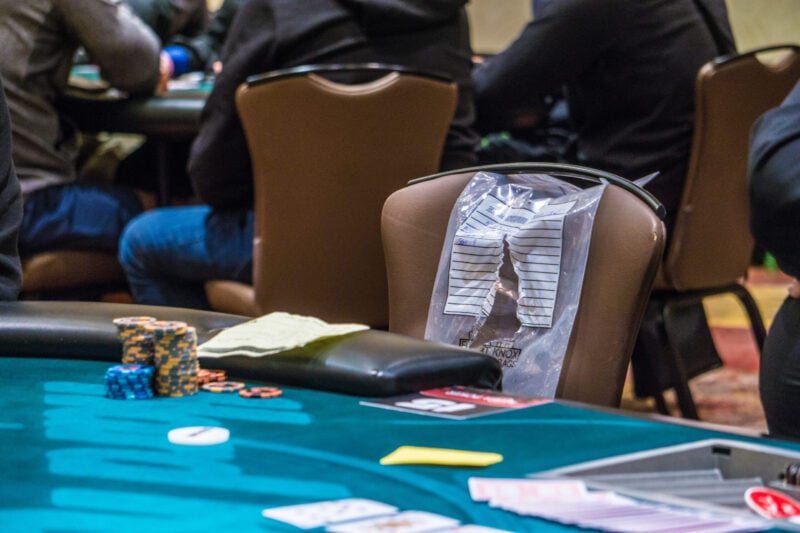You consider yourself to be a good player. You understand how to calculate pot odds and drawing odds. You play tight and practice excellent self-control by not chasing hands that don’t have sufficient value to warrant gambling on. You’re aggressive when you have a solid hand, and you’re no calling station. You have a good sense of playable and unplayable hands. You read your opponents well and engage in second and third-level thinking.

You practice good self-control, folding when appropriate, and never go on tilt. And you keep meticulous records, not just your wins and losses, but also the time, location, and duration of every session. You also keep a notebook on your opponents, indicating playing styles and, if observed, possible tells. In short, you’re a pro, or at least, a pro in training.
And yet, even though you’ve been reading poker strategy articles and books, studying the game diligently, and playing competitively in a poker room for nearly a year now, you find that you’re a losing player. Why?
I’ve heard similar stories from dozens of poker players I’ve coached, and over the years, I’ve found four likely reasons why this might be so. Don’t get discouraged. They can all be turned around. Let me identify them each below, and briefly explain how they can be addressed.
1. The rake is too tough to beat
Rake can be a killer, especially in lower-limit games when it can represent an insurmountably large percentage of the money in play. Future articles will look more closely at the specifics of the rake, but leave it to say that you might have the skills to beat your opponents, but not the room.
You might be employing your skills sufficiently to beat your opponents out of much more money than they win from you. Even so, the rake may be so large that your advantage is insufficient to also beat the house tax on those winnings.
There’s little you can do about the rake. Typically, poker room management isn’t going to lower it because you complain. Even so, it may pay to shop around, as not all rooms are the same. Similarly, rake tends to be less in online rooms than in live games. And if the situation is really tough, or if you are prevented by law from playing online, you may be able to organize your own home games with little or no rake (though you may want to check to see if that’s legal in your locale).
2. You’re not practicing good game selection
Not all poker games are equally difficult to beat. This is especially true at the lower limits when the quality of your opponents can range from good to awful. On any given day in a mid to large-sized card room, there may be tables that are tough for even a seasoned pro to beat – not necessarily because the players are so good, but because they are so tight. While a skilled player can still take advantage of tight players, his skill advantage may still not be sufficient to win much money per hour after the rake when the games are extremely tight.
Beginning players must be especially observant, aware, and selective of the games they are in, and look for opportunities to take advantage of deep-stacked, loose, and bad players. The money you’re able to win is going to come chiefly from those who have it in front of them.
Look for them and follow them around the room, even if it seems obvious that you’re doing so. The skill of finding a good game, and the discipline to get up and leave a game that has gone south, are just as important as the skills needed to play a good game.
3. You’re playing too tight, are too predictable, and too easily exploited
I put these all together because they’re interconnected. Players relatively new to casino poker sometimes learn and apply some lessons too well. They learn the importance of being selective, and of being aggressive with their narrow range. While this is surely a better style of play than the error that many home game players bring to a casino — playing too loosely and too passively – it’s also not the way to maximize your advantage in a typical low-limit game.
Your extremely narrow range will inhibit your ability to fully take advantage of the many errors of your worst opponents, especially as your narrow range will keep you out of all but a few hands. And your extremely tight-aggressive style will make you very easy to read by even your mediocre opponents.
By playing so transparently, you’ll leave yourself open to being avoided by all but the worst players and exploited by the better and more aggressive players in the game.
To combat this, you must expand your range, especially in middle and late position, and in situations when you’re likely to be up against your worst and loosest opponents. This will allow you to use your skills more frequently, winning money more of the time from the worst players at the table.
You must also learn to vary your style of play so that you’re not always being so tight and so aggressive. Being less transparent makes you harder to read, and thus, less likely to have your better opponents taking shots at you when you’re in a hand.
4. Variance
As much as we might pretend otherwise, poker isn’t purely a game of skill. There’s a lot of luck involved, at least in each individual hand or session.
Players can run bad or run good for many sessions in a row – sometimes for months. While it’s good to be aware of possible leaks in your game that your losses may reveal, your losses over the few hundred hours you’ve played in a little less than a year may just be because the cards are running against you for a while.
Experts agree that until you have played 500 to 1,000 hours, you really can’t rely on your results as a fair indication of whether you’re beating a game or not. So, don’t worry too much about your results thus far. If you’re a typical part-time player, a year of playing once or twice a week is only about 500 hours. You might be doing many things right, but just not getting the cards. Focus on playing well and don’t be too results-oriented.
There’s nothing to be done about variance. It’s the natural product of a game that’s a blend of skill and luck. But, by properly addressing the other reasons you may be losing, you have a good shot of starting to make at least a little money, especially if you can find or organize a game with a reasonable rake.


